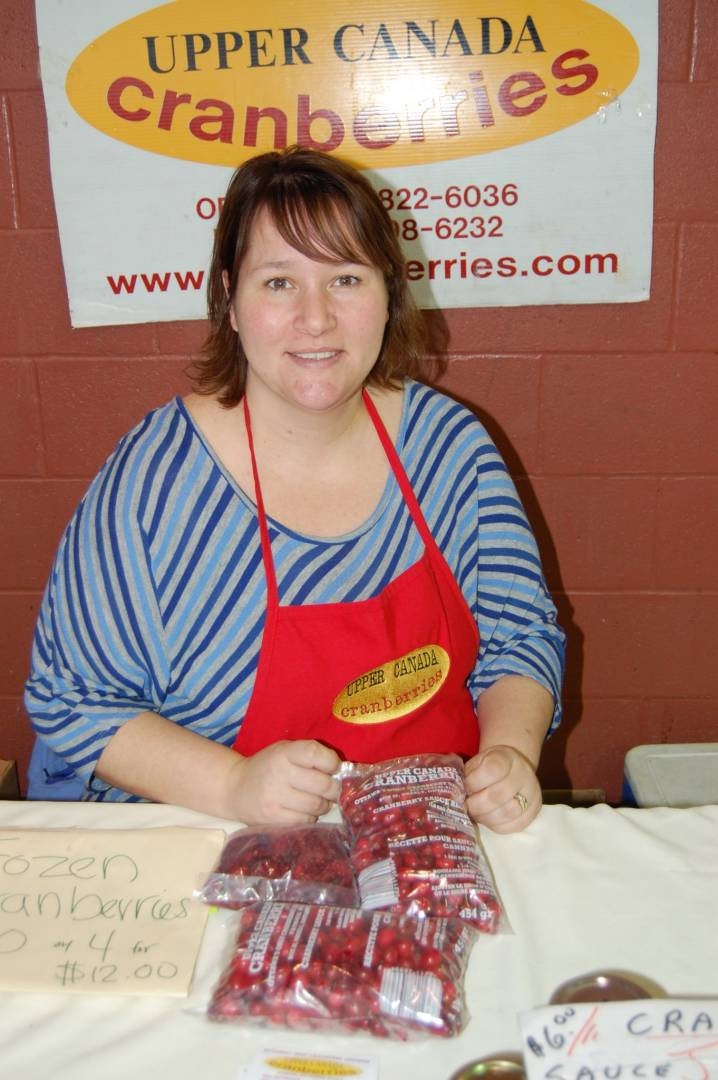
RURAL RANT: Living Locally
Today’s blog is more of a rave than a rant. I had the good fortune to spend the day on assignment at the Russell Horticultural Society’s fourth annual Living Locally Fair, held Saturday (January 19) at the Catholic high school in the village of Russell, about a kilometre outside Ottawa’s boundaries.
The Living Locally Fair showcased local producers from Eastern Ontario and a few from the Outaouais. The school gym and

atrium were replete with food, meats, grains, baking, crafts, wool, clothing, handmade wooden products, herbs, cheese, eggs and lots of other delectable items for sale. Artists and authors were on hand, as well as local community organizations—a feast for the spirit as well as the body.
One of the values to the city of a local healthy countryside is the opportunity to eat or wear what it produces.
Canada is a great food-producing nation, but in the winter we are hard-pressed to get all the nutrients we need from food grown here. Very little of the country has the soil or climate to grow vegetables and fruits (eastern and southern Ontario, the west coast, and parts of the east coast).

So attending events like Living Locally, a winter version of the farmer’s market, is a fantastic opportunity. A nice drive out to the countryside, an interaction with a rural agricultural community, a lot of hard-working farm folk to discuss food-related topics with—what could be better in the coldest depths of winter?
And the food isn’t all apples and carrots either. Winter is a slow time, both work-wise and revenue-wise, so this January market brings out lots of producers who have been using the downtime to do value-added work.
Local growers add value to their products by producing their own spice mixes, jams, jellies, pickles, wine, beer, baked goods,

cheeses, smoked and cured meats, fresh and frozen meats—including humanely raised and organic, frozen vegetable orders, heirloom seeds, grains and flour, as well as yarns and clothing made from high-quality local wool.
The 100-mile diet was popularized a few years ago, but it’s always been a good idea. Food that doesn’t travel hundreds of kilometres in a truck or thousands of kilometres in a ship retains more nutrition. We do have to import—Canada is too big and cold to produce everything we need, but we are getting better at enjoying the foods we can make here.
When it comes to eating, city dwellers can do a lot of it locally, supporting the nearby countryside, not just for the delicious goods it produces, but also to keep that countryside alive, vital and healthy for future generations of foodies.
We need to drive to the countryside, walk in it, picnic by little rivers in forested shade and eat apples from trees rooted in our own soil.
Local food helps keep bodies healthy. Local farms keep rural communities vital. Local access to nature feeds our souls.
TOP PHOTO: Ottawa’s only local producer of cranberries in quantity is Upper Canada Cranberries from Greely (south Ottawa).
ALL PHOTO CREDITS: Candice Vetter









